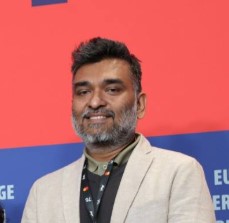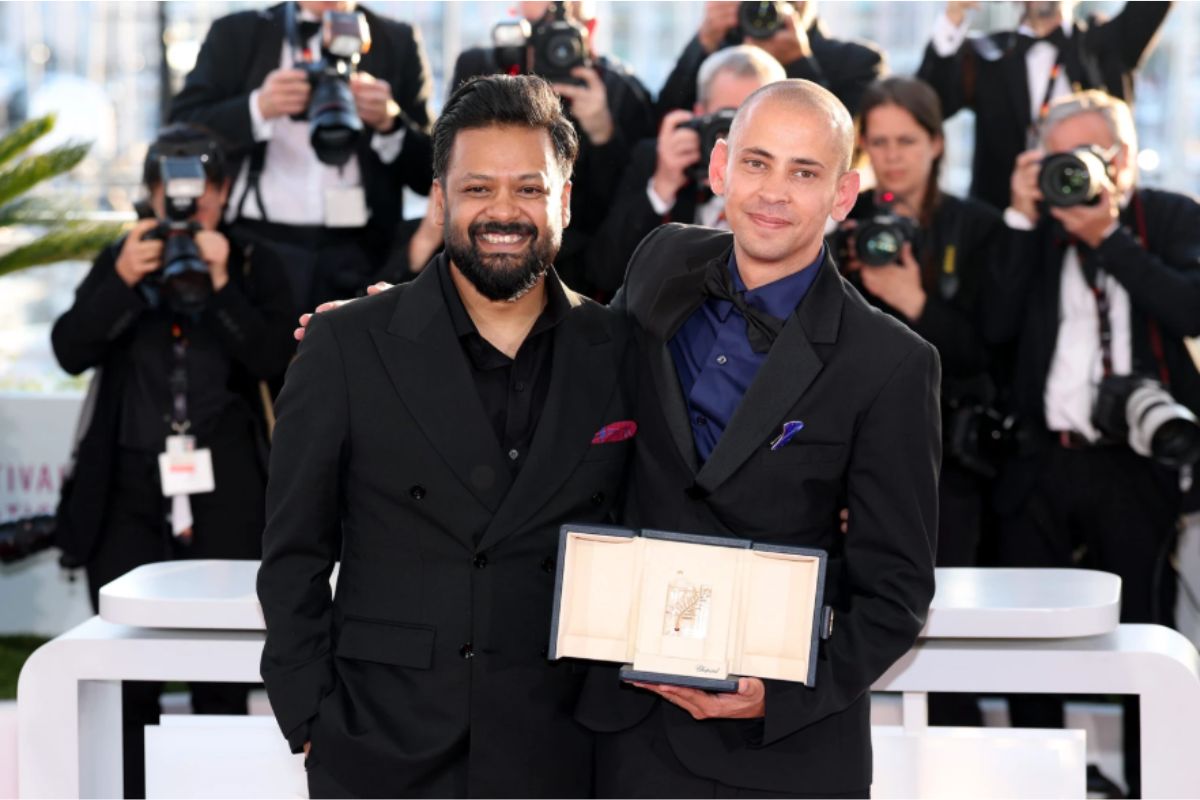
Published: : May 28, 2025, 09:37 PM

Adnan Al Rajeev made history at the 78th Cannes Film Festival in 2025 as the first Bangladeshi filmmaker to have a short film officially selected for the Palme d'Or Short Film Competition. His film Ali received a prestigious Special Mention from the jury, marking a breakthrough moment for Bangladeshi cinema on the global stage.
Born on 11 May 1987 in Tangail, Rajeev began his career at 17 as an assistant director at Chabial, founded by renowned filmmaker Mostofa Sarwar Farooki. After five years of hands-on experience, he made his directorial debut with the television film Ucchotoro Podartho Biggan in 2008. Over the years, he has become a prominent voice in the Bangladeshi media landscape, directing acclaimed TV dramas like All Time Dourer Upor (2013), Middle Class Sentiment (2014), and Bikal Belar Pakhi (2017), as well as over 500 television commercials.
Rajeev is the founder of Runout Films, one of the country’s leading production houses, and has produced more than 13 web films and series for platforms such as Chorki and Hoichoi Bangladesh. His credits include Mohanagar 2, Khachar Vetor Ochin Pakhi, and Nikhoj. In 2024, he co-directed the latest season of Coke Studio Bangla and co-produced Radikals, selected for the 63rd Semaine de la Critique at Cannes 2024. He also produced Dear Maloti, which screened at the Cairo International Film Festival.
This exclusive interview was taken during the 78th Cannes Film Festival by Bidhan Rebeiro, editor of Cut to Cinema. Adnan Al Rajeev spoke candidly about Ali and its journey — a powerful voice from Bangladesh now resonating on the world stage.
Bangladeshi films have participated in the Cannes Film Festival before, but your short film is the first to compete. How do you view this achievement in the context of Bangladeshi cinema?
Answer: I believe this is a tremendous source of inspiration for us and for the next generation of filmmakers. It proves that Cannes is not some distant, unreachable dream. With proper study and focused dedication, it’s possible to get there — and even win.
How did the Cannes audience respond to your film Ali?
Answer: The response was incredible. People from different countries came up to me, and some were even moved to tears because the story resonated deeply with their own lives. What touched me most was that even the jury members were visibly impressed. They approached me to say how beautifully the film was made and how significant its political message was.
Apart from the challenges of making Ali, were there any difficulties in submitting it and getting selected for the competition at Cannes?
Answer: Not really. I can’t recall facing any major challenges in that process. We made the film in our own way, submitted it, and it got selected.
Do you make films as structured projects, or are they expressions of your soul?
Answer: I think it’s both. Since I work across different media, I usually begin by thinking of a film as a project — what I want to create. But once the process begins, it gradually transforms into something that comes from deep within — an expression of the soul.
As a filmmaker, how personally connected are you to Ali?
Answer: This film reflects our experience of growing up under social pressure to remain silent. Many of us want to speak out, but we hold back because doing so invites consequences. So we stay quiet. Ali represents that silenced voice.
When will audiences in Bangladesh be able to watch Ali?
Answer: I can’t say for sure just yet. But I hope that after the film completes its festival run, we’ll find a way to share it with the audience.